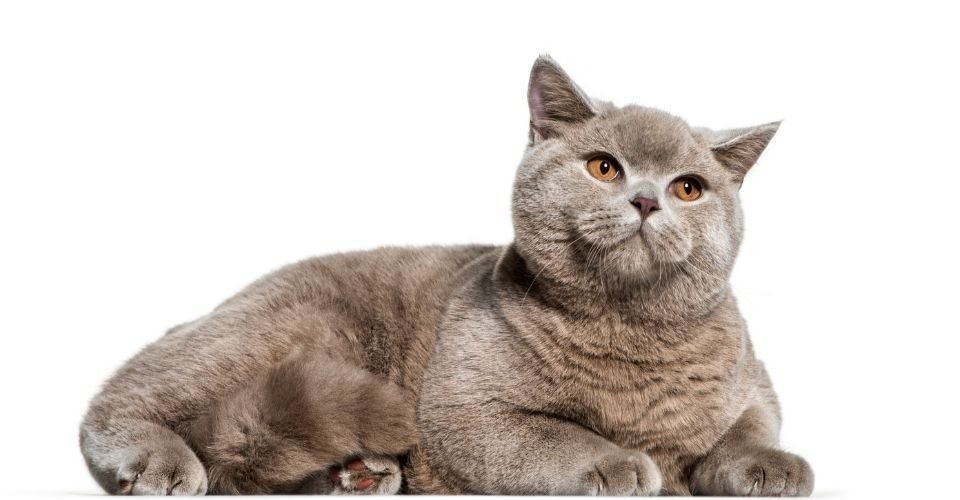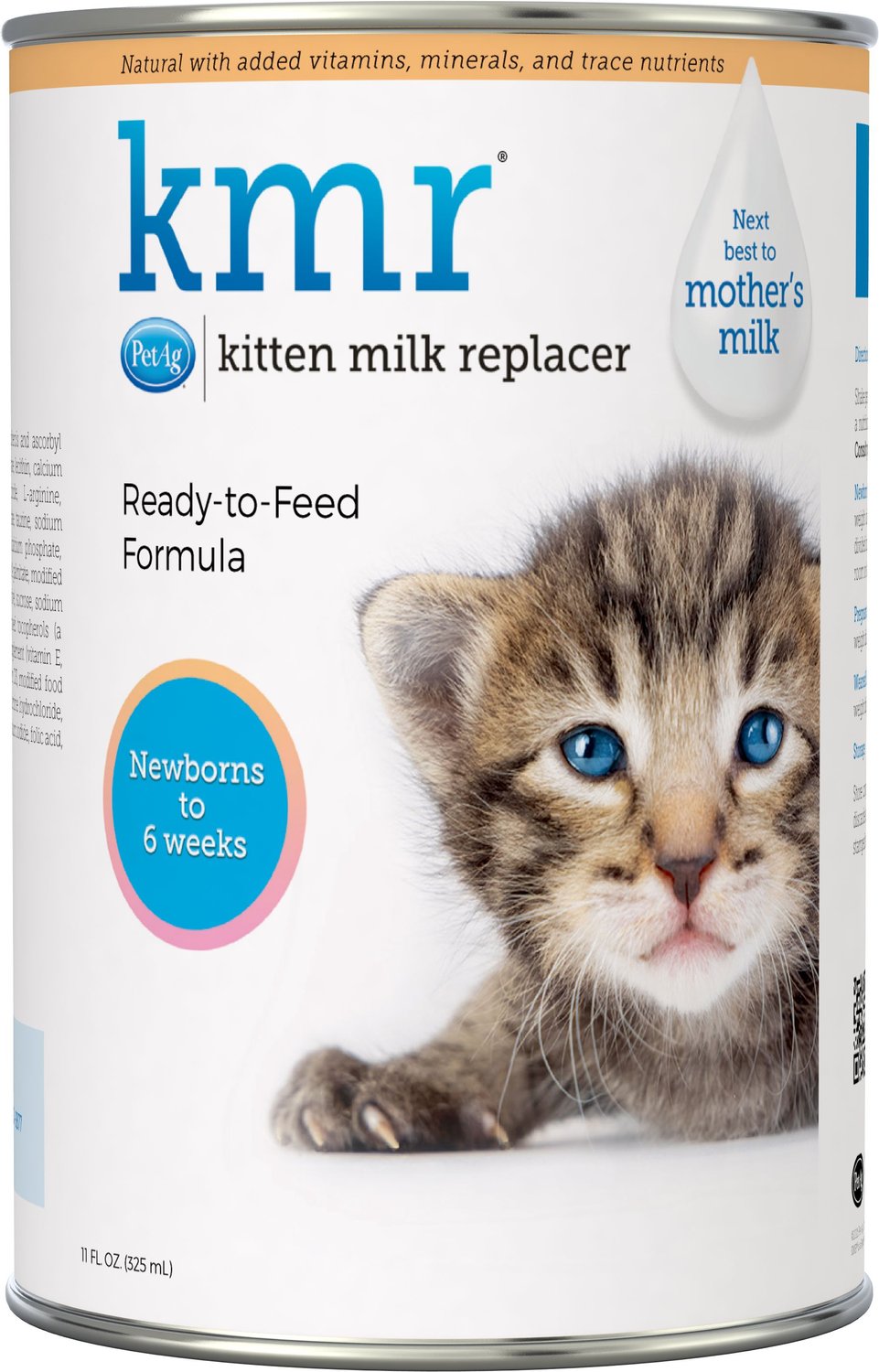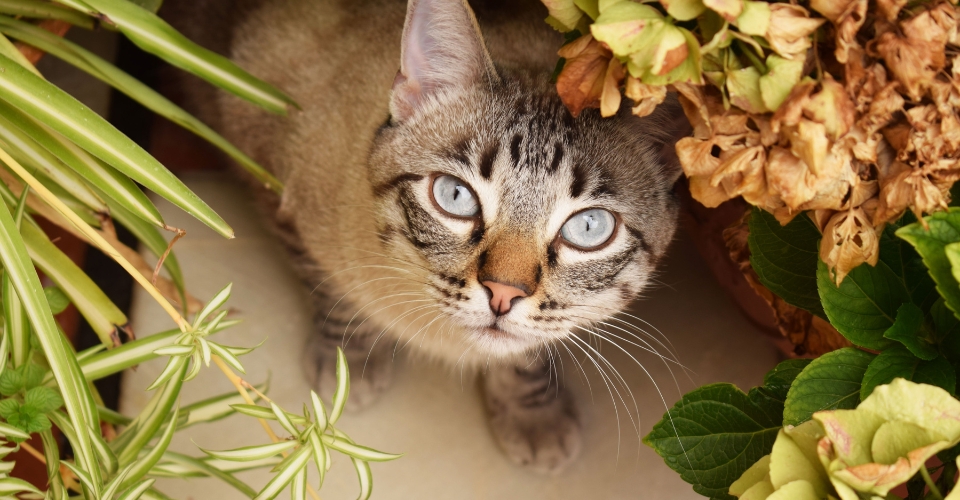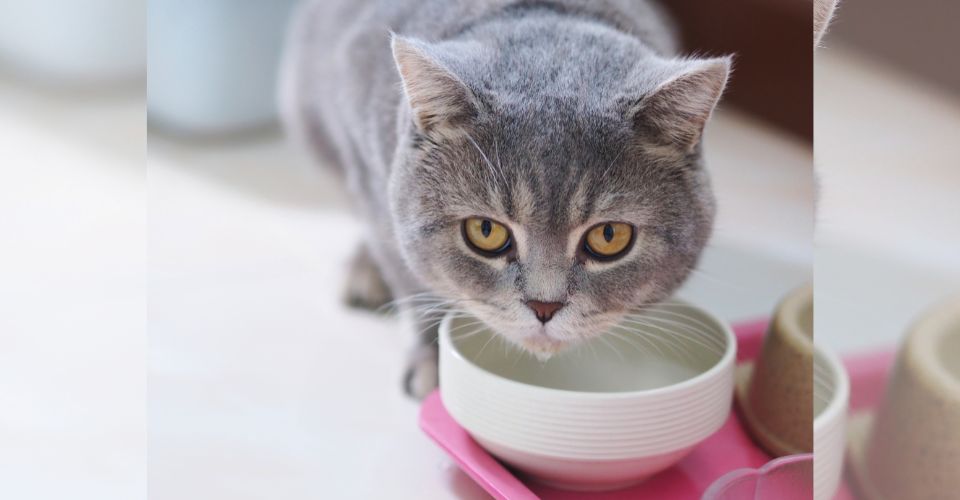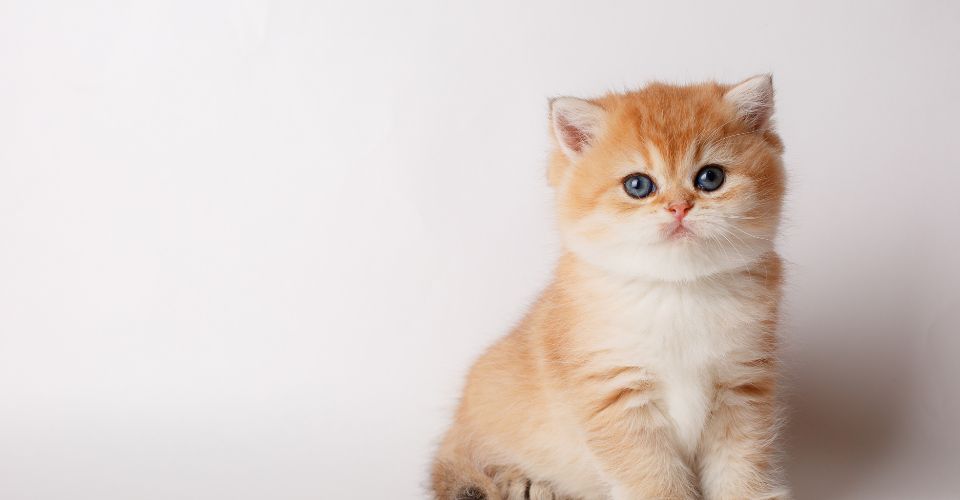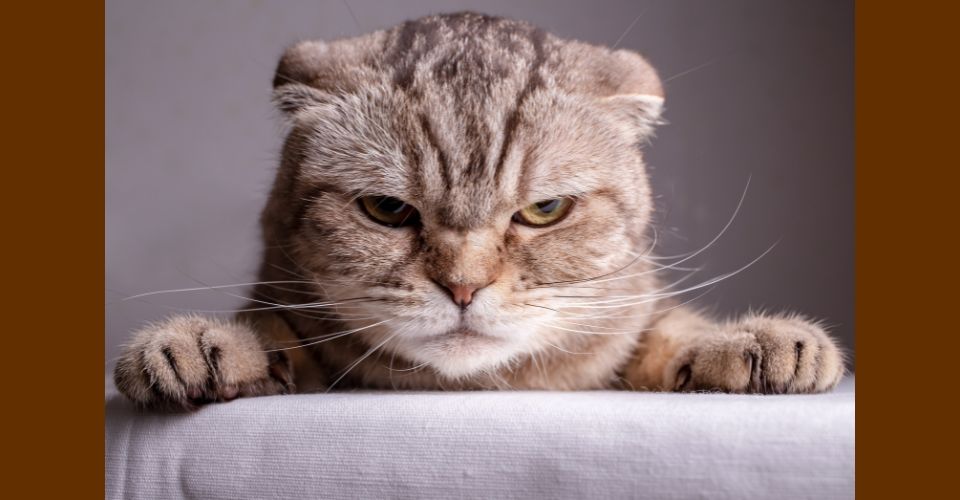Cats are curious and playful fellas. For them, everything is a plaything, and if it’s moving, they have got to chase it. You would often observe them chasing bugs, insects, rodents, and their toys. Have you seen them chasing spiders—or trying to reach one on the wall? She is probably just trying to play with this eight-legged creature, but you never know—cats are natural hunters, and she just may devour one.
Your cat playing around with the spidery fella would make you happy. But what if her hunting instincts suddenly kick in, and she ends up eating the spider? If your cat just did that, you must be pretty worried: Can cats eat spiders? Would my cat be fine? Are there any poisonous species of spider that may kill a cat?
Cats and Spiders
Irrespective of how you feel about spiders, they like creeping around in the corner of our homes. Given the omnipresence of spiders and the curious nature and hunting instincts of cats, there is always a chance that these two creatures would come face to face, and the feline may end up gulping the spider. During the action, the spider may even attack (bite) the cat, which could be hurtful as well as dangerous. Continue reading to learn all about cats and spiders.
Can Cats Eat Spider?
Yes, cats can eat spiders—as long as it’s not from venomous species. Not only spiders but cats love to eat many other insects like flies, ants, mosquitoes, millipedes, and centipedes. Spiders don’t cause any harm to the cat’s overall health.
On the contrary, it may be beneficial for her as cats are obligate carnivores that thrive on proteins—and spiders have got them.
Eating a spider can only harm a cat if a venomous spider bites your little pet, and the bite goes down to the skin.
Why Do Cats Eat Spiders?
When we see our cat eating a spider, we may wonder why cats eat spiders.
Cats have been domesticated for years, but their instinct to hunt has never changed. Cats love to chase prey and hunt it. For cats, spiders are just one of the many preys that they need to chase and hunt. Although domesticated cats don’t have to struggle for their food as their wild counterparts do, chasing and hunting are still parts of their instinct.
Cats also have strong senses. They can hear even a very small sound or can sense a movement in their surroundings. Cats may perceive a spider moving on the floor or on the wall as a threat that needs to be neutralized. And that’s how cats neutralize some threats—eating them.
Lastly, cats are obligate carnivores, meaning they need meaty proteins to stay in good health. Meat is high in protein and taurine, which is critical for cat vision, gut health, and immunity. So a cat may eat spiders to get some proteins.
How are Spiders Good for Cats to Eat?
How are Spiders Good for Cats to Eat?
We have seen that cats can eat spiders—and some may like eating them. But what are the benefits of cats eating spiders?
We will discuss them briefly here.
Higher Nutritional Value
Cats are carnivores and require a diet that has high protein content. Spiders have high protein contents in their bodies. Not only proteins, but they contain almost forty different types of other nutrients, and some of them cannot be taken from any other sources. These nutrients are iron, manganese, copper, magnesium, etc., performing many functions like brain cell protection and the efficient production of hemoglobin.
A Rich Source of Taurine
Amino acids are building blocks of proteins. The bodies of omnivores can synthesize taurine from other amino acids. Taurine is an essential amino acid that cats need in relatively large amounts in their body.
But cats being obligate carnivores cannot make taurine in their body, and its deficiency can cause gastrointestinal issues, reproductive failure, and poor growth in the kitten. It is mostly found in animal tissues.
Spiders are a rich source of taurine. They help cats with better vision, heart muscle functions, improved digestion, fetal development, and support normal and healthy cat pregnancy.
Source of Essential Fats
Cats need fats in their bodies, but not all fats are beneficial for them. Fats like Omega-3 and Omega-6 are healthy for cats. Spiders contain a handsome amount of Omega-3 fatty acids. The absence of Omega-3 in their diet can cause a lack of sleep, depression, and inflammation in cats. Spiders in a cat’s diet can improve these problems and can also improve their brain and heart functioning.
Read: Can Cats Eat Lettuce?
Health Risks of Cats Eating Spider
Although it is thought that spiders are harmless to cats and don’t cause any health issues, in some cases, they can cause some issues, especially if a cat is eating it for the first time or when it is contaminated with toxic chemicals that are used for pest control. It can cause gastrointestinal issues. The symptoms of gastrointestinal issues are common as it occurs in normal stomach upsets.
These symptoms include nausea, vomiting, diarrhea or constipation, and abdominal pain. In some rare cases, cats may develop allergic reactions. If you notice any of the aforementioned symptoms, you should consult the vet, and they will suggest a suitable way forward.
What if a Spider Bite a Cat?
The skin of a cat is quite thick as compared to humans. The chances of cats being bitten by spiders are rare, but it cannot be ruled out. In case a poisonous or venomous spider bites your cat, she may develop some allergic reactions and experience anaphylaxis or anaphylactic shock. In rare cases, spider bites can even lead to death in cats.
The signs of sickness in cats after being bitten by a spider may vary from cat to cat. To be specific, the allergic symptoms, as per the Pet Poison Helpline, include:
- Redness to the skin
- Bite wound
- Swelling
- Inflammation to the skin
- Pain to the touch
- Warmth or hot feeling to the touch
- Necrosis of the skin
- Bruising
- Vomiting
- Scabbing of the skin
- Local itchiness of the skin
- Organ failure
- Fever
- Abnormal clotting
If you find out any of these symptoms, you should take your cat to the vet for advice and further treatment.
Spider bites may even trigger secondary bacterial infections, causing local skin cells to die. In this case, the reddening area would start expanding and producing pus. This will increase the risk of bacterial and viral infections. Therefore, you should immediately contact your vet if the situation keeps deteriorating.
Poisonous Species of Spiders
House spiders are generally harmless to cats, but there are some venomous species of spiders. Some of the spider species that can be harmful to our felines are:
- Brown Recluse Spiders
- Black Widow Spiders
- False Widow Spiders
- Hobo Spiders
These species may vary in color and size.
If your cat eats a spider, the venom present in them is unlikely to cause any reaction, as the stomach would neutralize it. But if there is still a reaction, or if your cat is not acting fine, take her to a vet.
Tarantula spiders are not poisonous—their poison is weaker than that of typical bees. However, their bites can be quite painful to both cats and humans. If a cat eats a tarantula spider, its hair can cause serious irritation to cats, making your cat drool excessively and throw up.
Can Kittens Eat Spiders?
As we have seen that it is totally fine for cats to eat spiders. But is it okay for kittens to eat spiders?
No. Kittens should not eat spiders. Let alone spiders, kittens should not eat anything other than their mother’s milk—or Kitten Milk Replacer.
|
|
While adult cats can safely consume spiders and certain human foods like cucumber, avocado, spinach, etc., the kitten should not eat any of these, as they have sensitive stomachs. Eating anything other than traditional kitten food, kittens risk developing gastrointestinal health issues. Similarly, if a kitten is bitten by a spider, it can be more problematic as kittens have weak immunity.
Final Thoughts: Can Cats Eat Spiders?
Yes. It’s quite okay for cats to eat spiders. While house spiders are usually not poisonous and totally fine for cats to eat, even poisonous spiders are easily digested, and their poison is neutralized in cat stomachs. However, if a cat has eaten a spider, it must be observed closely for 24 to 48 hours.
We should try to minimize our cats’ exposure to spiders and other insects, as we don’t know which species can be harmful or venomous.
Find out what other foods cats can eat or not eat:

